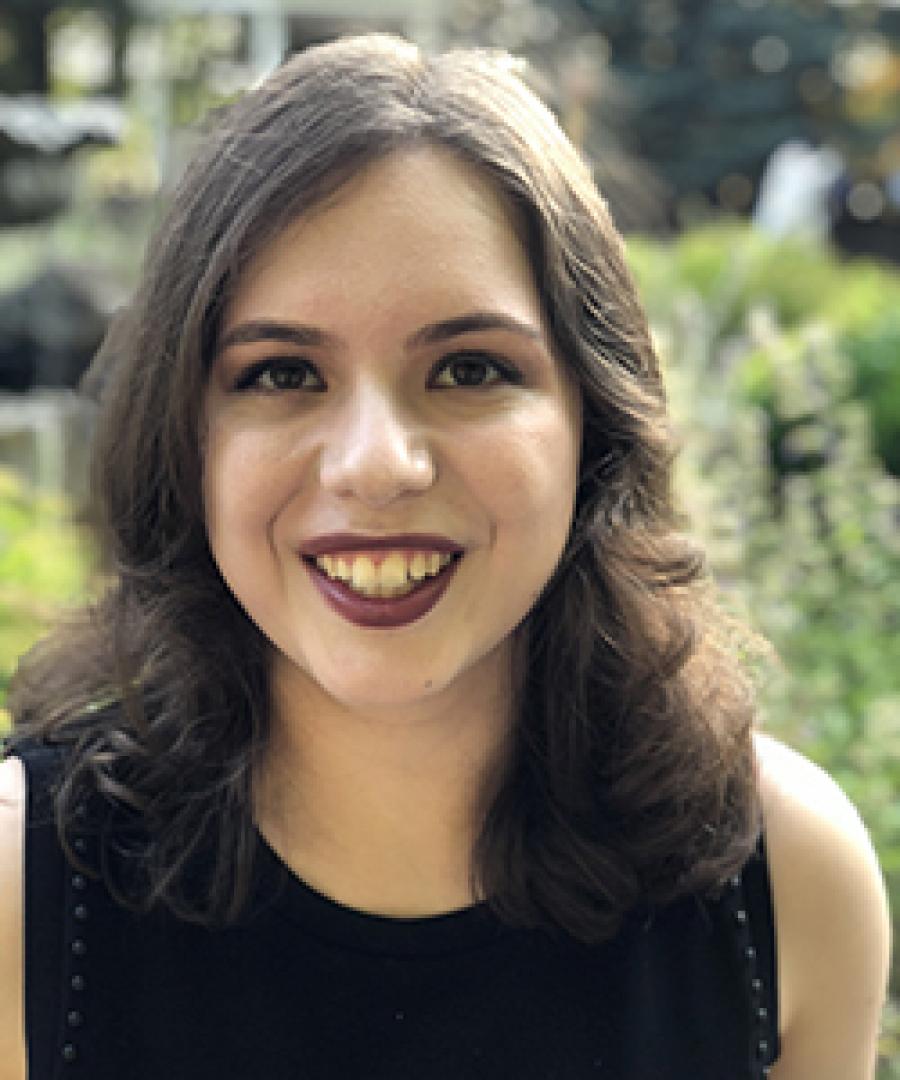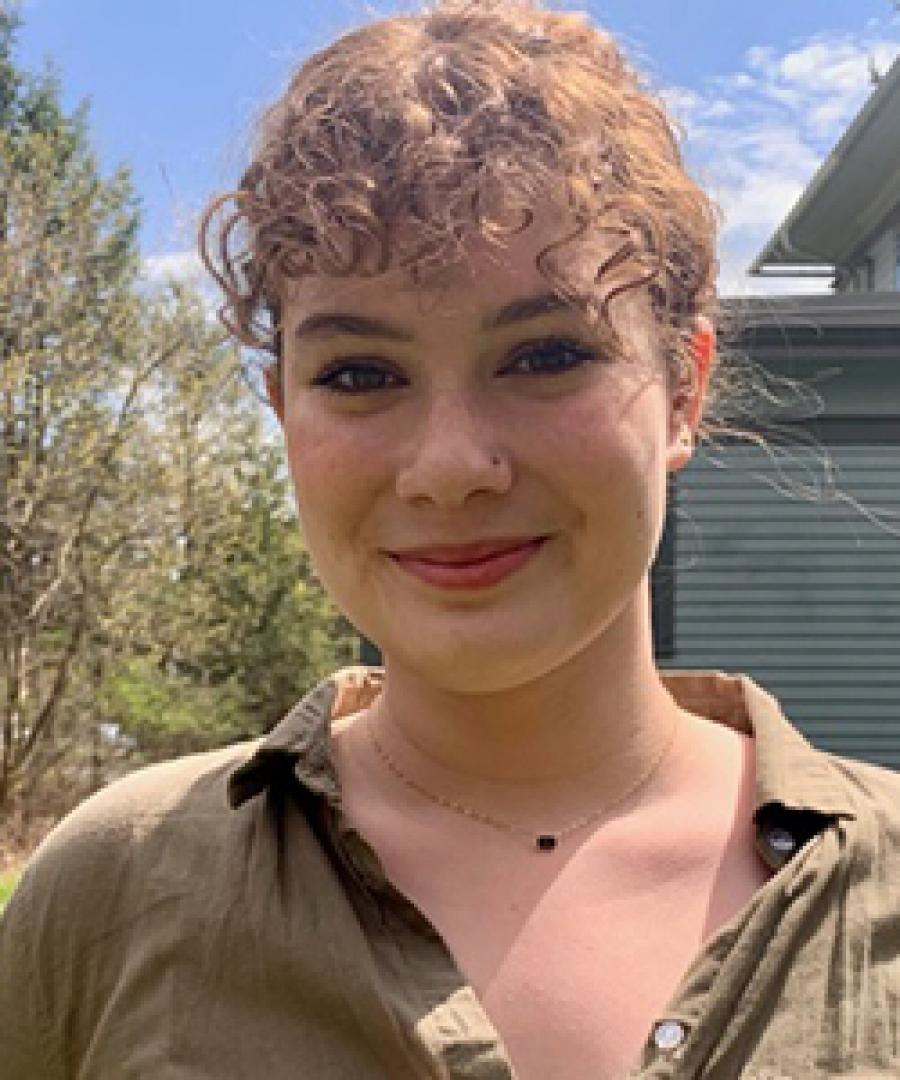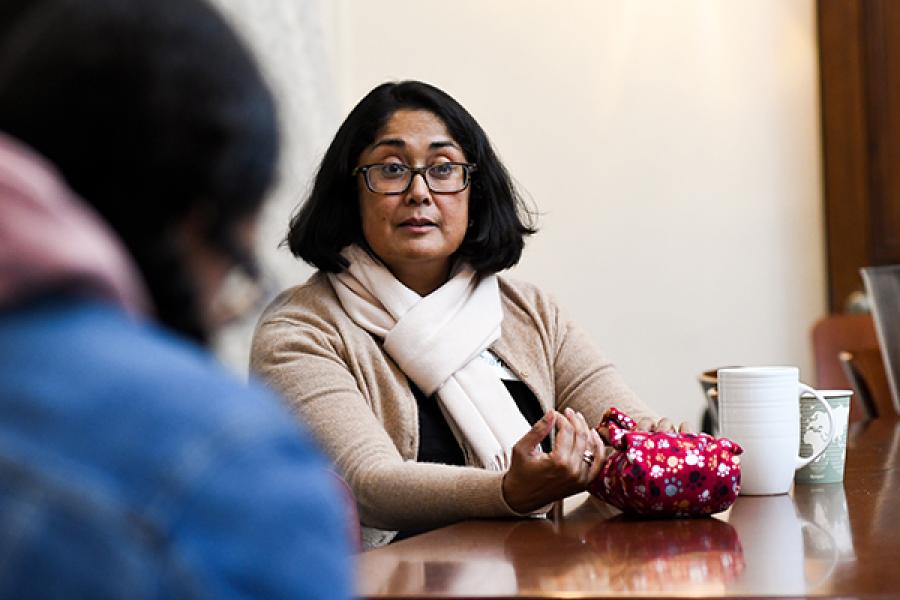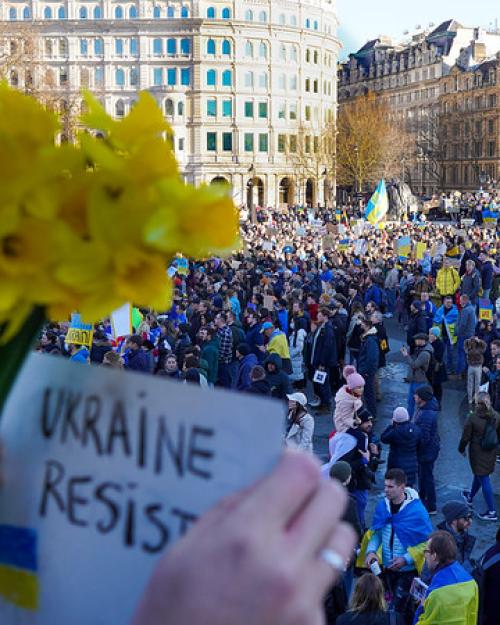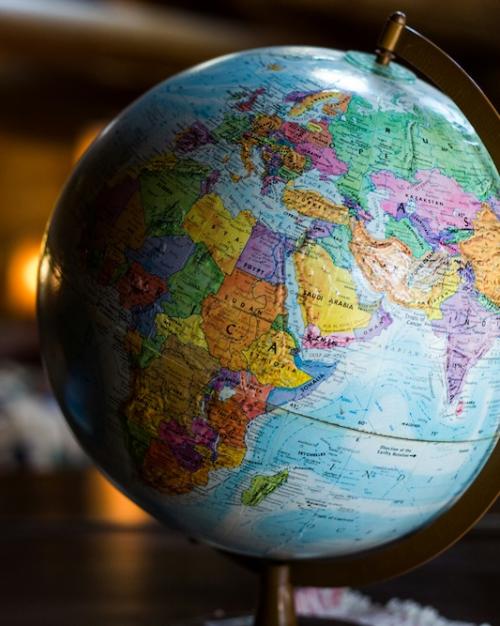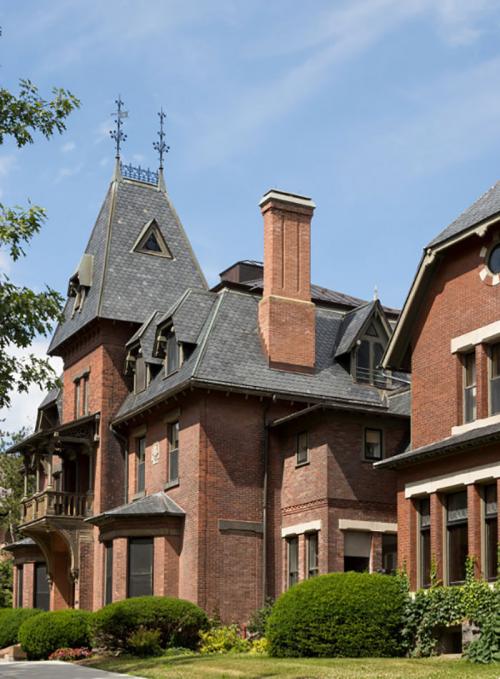A group of 32 students from three colleges at Cornell will make up the first cohort of Humanities Scholars in a new program that will start in the fall, offered by the College of Arts & Sciences.
The rising juniors, who come from the Colleges of Arts & Sciences, Agriculture and Life Sciences and Engineering, are majoring or minoring in 20 different disciplines and have an interest in exploring research opportunities in humanities fields.
"We had a very robust number of applicants for the Humanities Scholars Program, who have interests that range from music to economics to archaeology to mechanical engineering, which is fantastic,” said Durba Ghosh, professor of history and faculty director of the Humanities Scholars program.
Students in the program undertake their own independent, interdisciplinary undergraduate research in the humanities, and program faculty and postdocs provide a supportive community, through a series of curated courses, structured mentorship, special programming and research opportunities and funding.
Alexa Saylan ’22, a new scholar who is majoring in comparative literature, said research in the humanities is even more important in today’s world, given divisions within nations and the global pandemic of COVID-19.
“In times of anxiety and sadness, we turn to the humanities – music, film, the arts — more than ever,” she said. “And the humanities teach us to appreciate diversity and differences, but also to understand that we’re unified in a lot of ways.”
Humanities Scholars will take part in a gateway seminar and mid-level seminars focused on research methods and complete a capstone project, which they will present at an annual conference each May.
“We have also cross-listed courses that we think meet the learning goals of the program — courses in which students are asked to do oral presentations, original research and projects that call on them to think and write critically,” Ghosh said.
Students have access to research funding and summer stipends if they’ve accepted unpaid summer internships and they will have space to work at the A.D. White House. The program, which is funded through an anonymous $6 million alumni gift, is the first time that undergraduates will be immersed in the work of Cornell’s Society for the Humanities.
“The humanities are the story of other people’s creations. They are eye-opening and I wake up every day and feel the effects of that,” said Clara Drimmer ’22, a new scholar who is majoring in history. “It’s kind of amazing to see there’s a community of people who value the same things I value.”
Both Drimmer and Saylan are students in Ghosh’s humanities research methods class this semester and say it’s helped them feel more confident to begin their own research projects.
“I am appreciating that research is more of a dialogue than some glorious end product,” Saylan said. “It’s having the ability to continue to understand ourselves and the world we’re living in. The process of research is a journey.”
Drimmer said she was excited to learn more about the collaborative nature of research.
“I love reading but I was reading a lot and felt very lonely. Then, we came to class and had to talk about our research and I left class feeling a lot more confident and satisfied,” she said. “I don’t know anyone who has done research alone. It’s a very supportive, loving environment.”
The postdoctoral fellows, also announced this month, will be Ellen Abrams, a doctoral candidate in science and technology studies; and Kristen Wright, a doctoral candidate in Africana studies.
Durba Ghosh talks with students during a Humanities Scholars Program open house.
“With the two post-doctoral fellows that we have chosen, we think we're ready to move forward with an interdisciplinary program that demands rigorous research to respond to some of the big humanistic questions facing us today," said Ghosh, who is also director of the Feminist, Gender, and Sexuality Studies Program.
While they will begin their formal work in the fall, Ghosh and other staff have been working to create virtual events this spring semester to help the students get to know each other.
“This is a painful time but I think a lot of interesting literature and creative projects will come out of this,” Drimmer said. “I hadn’t thought of this time as something to be examined, but this pandemic puts things in perspective. It gives us a chance to examine our privilege and think about what we need versus what other people need.”

